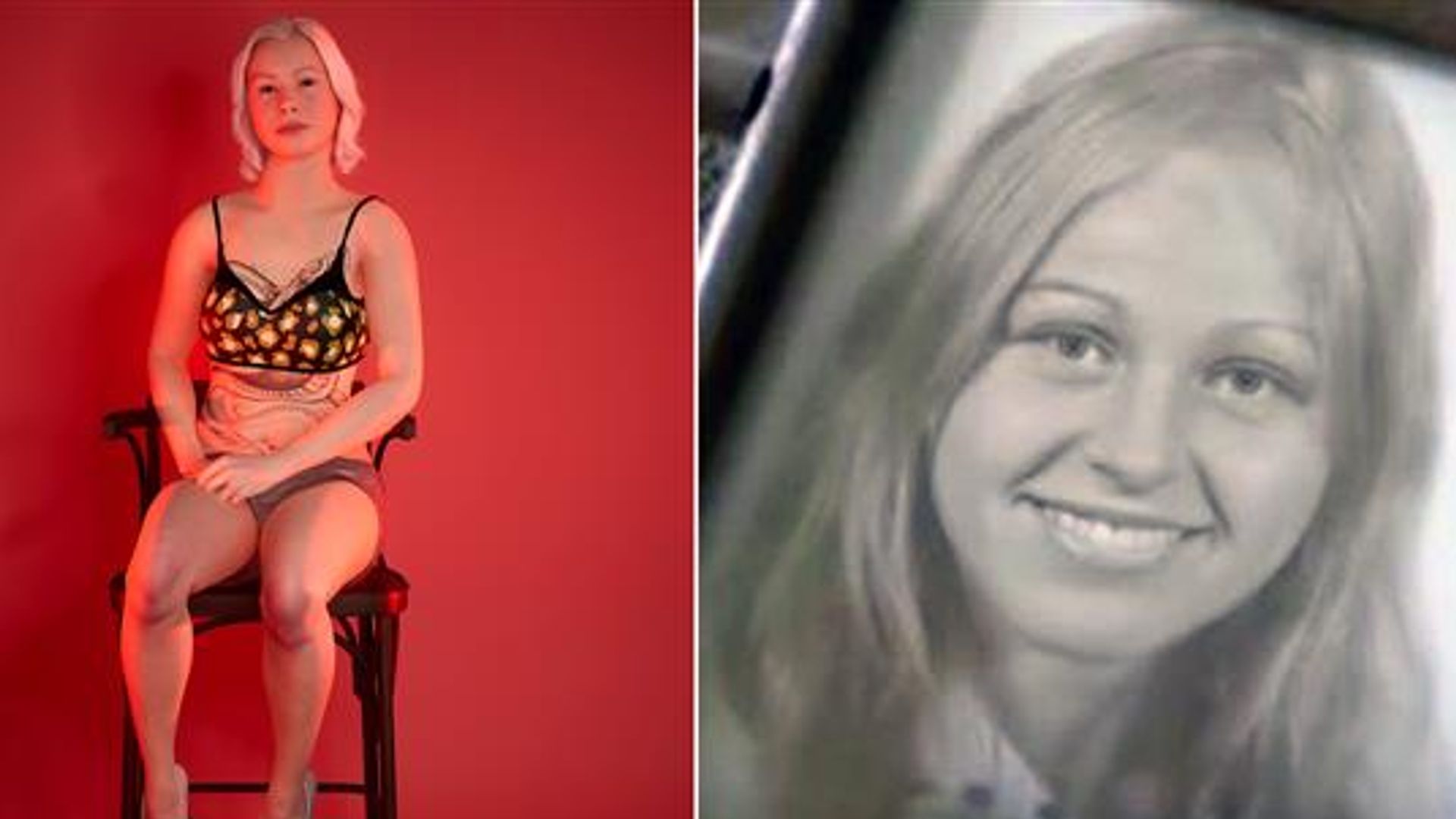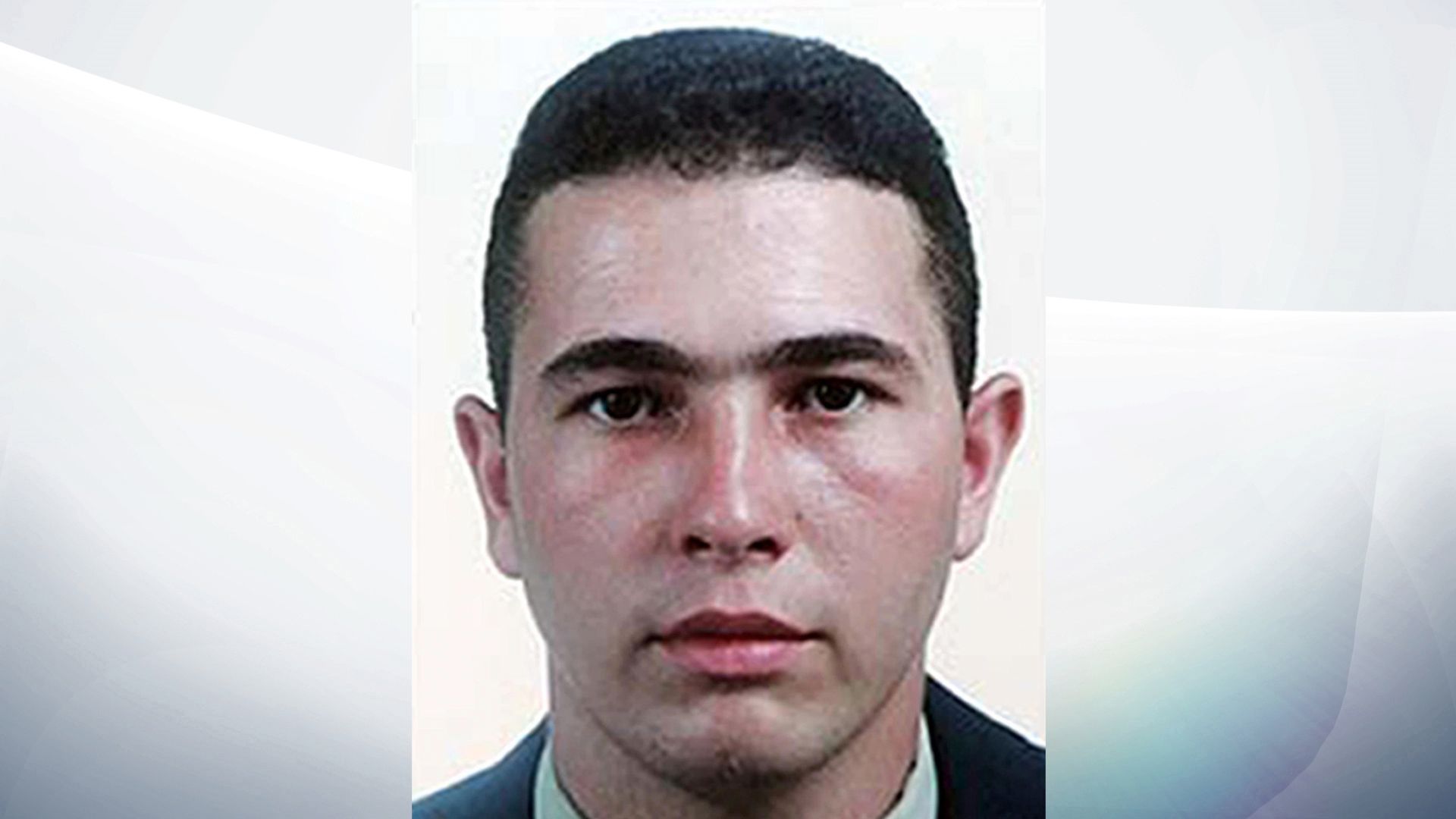
Some public school teachers in Tennessee could gain new powers to carry concealed guns into the classroom, a year after a deadly school shooting in the state’s capital city stirred impassioned debate about the best ways to curb such violence.
The Republican-led Legislature in Tennessee gave final approval to the legislation Tuesday, just days after Republican governors in Iowa and Nebraska signed laws that also expand the potential for armed personnel in schools.
Tennessee lawmakers followed that up with more gun-rights measures Wednesday, giving final approval to bills letting retired law officers bring guns into schools and prohibiting local extreme-risk-protection ordinances that allow guns to be removed from people judged to pose a threat to themselves or others.
Both bills head next to Republican Gov. Bill Lee, who pushed unsuccessfully last year for a statewide measure that would allow some version of extreme risk protection orders.
The legislative action highlights a national divide on public safety and gun policies, coming as Democratic-led legislatures in Colorado, Maine and Vermont all took steps toward imposing greater firearm restrictions.
Legislatures in about 20 states already have passed measures this year to expand gun rights or restrict access to firearms. Dozens more proposals are pending. The measures continue a trend from last year, when more than half the states enacted firearms legislation, with Democrats generally favoring more limits and Republicans more freedoms for gun owners.
GUNS IN TENNESSE
A little over a year ago, a shooter opened fire at a private Christian elementary school in Nashville, killing three children and three adults before police killed him.
Tensions ran high as lawmakers debated a response, peaking as the Republican majority expelled two Black Democratic House members last year for their role in a protest supporting gun control. Both lawmakers were subsequently reinstated.
Protests also broke out Tuesday after lawmakers passed the latest school gun legislation.
A previous Tennessee law already allowed some private school teachers and staff to carry guns.
The new measure would expand that to public schools with several conditions. Teachers and staff would first have to obtain a permit to carry a handgun, which requires passing a background check, getting mental health clearance and completing 40 hours of training in basic school policing. They also would need written authorization from the school’s principal and local law enforcement. And they wouldn’t be able to take guns into school events at stadiums, gymnasiums or auditoriums.
The legislation was one of several pro-gun bills passed this year in Tennessee.
On Monday, Lee signed a bill expanding the private school gun provisions to preschools. On Tuesday, Lee signed legislation requiring schools to provide age-appropriate instruction on firearm safety. And he signed legislation Tuesday prohibiting financial institutions from requiring special tracking codes for retail firearm sales.
GUNS IN SCHOOLS
About half of the U.S. states allow teachers or other school employees with concealed carry permits to bring guns onto school property, according to the Giffords Law Center, a gun control advocacy group.
About a half-dozen states have passed measures this year that could expand the ability of some people to bring guns into schools.
Iowa Gov. Kim Reynolds, a Republican, signed legislation last Friday that creates new protections for teachers who carry guns in schools. A 2021 state law already allowed schools to authorize individuals to carry firearms, but some districts have been reluctant to embrace that because of concerns about insurance coverage.
The new Iowa law allows teachers and staff who undergo gun safety training to get a professional permit to carry guns in schools. If they do, they would be protected from criminal and civil liability for use of reasonable force. The law comes three months after a 17-year-old student opened fire at a school in Perry, Iowa, killing a a school principal and sixth-grade student and wounding several other people.
Nebraska Gov. Jim Pillen, a Republican, signed legislation last Thursday that would authorize security staff in the state’s smallest school districts to carry guns. The law was pared back from an initial proposal that would have applied to all schools.
Republican-led legislatures in Kentucky, South Dakota and Utah also passed measures this year that could expand the ability of some people to bring guns into schools. A bill passed in Wyoming allots $480,000 to reimburse schools for the cost of training employees to carry guns on school property.
GUN CONTROL MEASURES
Contrary to the Republican-backed measures, lawmakers in various Democratic-led states have been forging ahead this year with measures to impose greater restrictions on guns.
After an Army reservist killed 18 people and wounded 13 others in Lewiston last year, Democratic Maine Gov. Janet Mills called for a variety of new laws aimed at preventing dangerous people from possessing guns.
The Democratic-led Legislature last week approved measures that would impose a 72-hour waiting period for gun purchases and expand background checks on private gun sales. It also passed legislation to ban devices that convert semi-automatic firearms into rapid-firing weapons like machine guns, and enhance an existing law that allows judges to temporarily remove guns from people during a mental health crisis.
The Vermont House on Wednesday approved a bill that cracks down on the possession and transfer of so-called ghost guns, which are hard-to-trace firearms and their components that lack serial numbers and are increasingly being used in crimes. The amended legislation now goes back to the state Senate for consideration.
Supporters say it’s critical for Vermont to require background checks and serial numbers on these often privately made firearms to keep guns out of the hands of people prohibited from having them and as the U.S. Supreme Court takes up the legal fight over ghost guns.
Colorado’s Democratic-led Legislature is considering numerous gun-control proposals. Among several that recently passed the House, one would require gun dealers to get state permits and another would ask voters to impose a 9% tax on the sale of guns and ammunition.
___
Associated Press writers Jonathan Mattise in Nashville, Tennessee, and Lisa Rathke in Marshfield, Vermont, contributed to this report.









